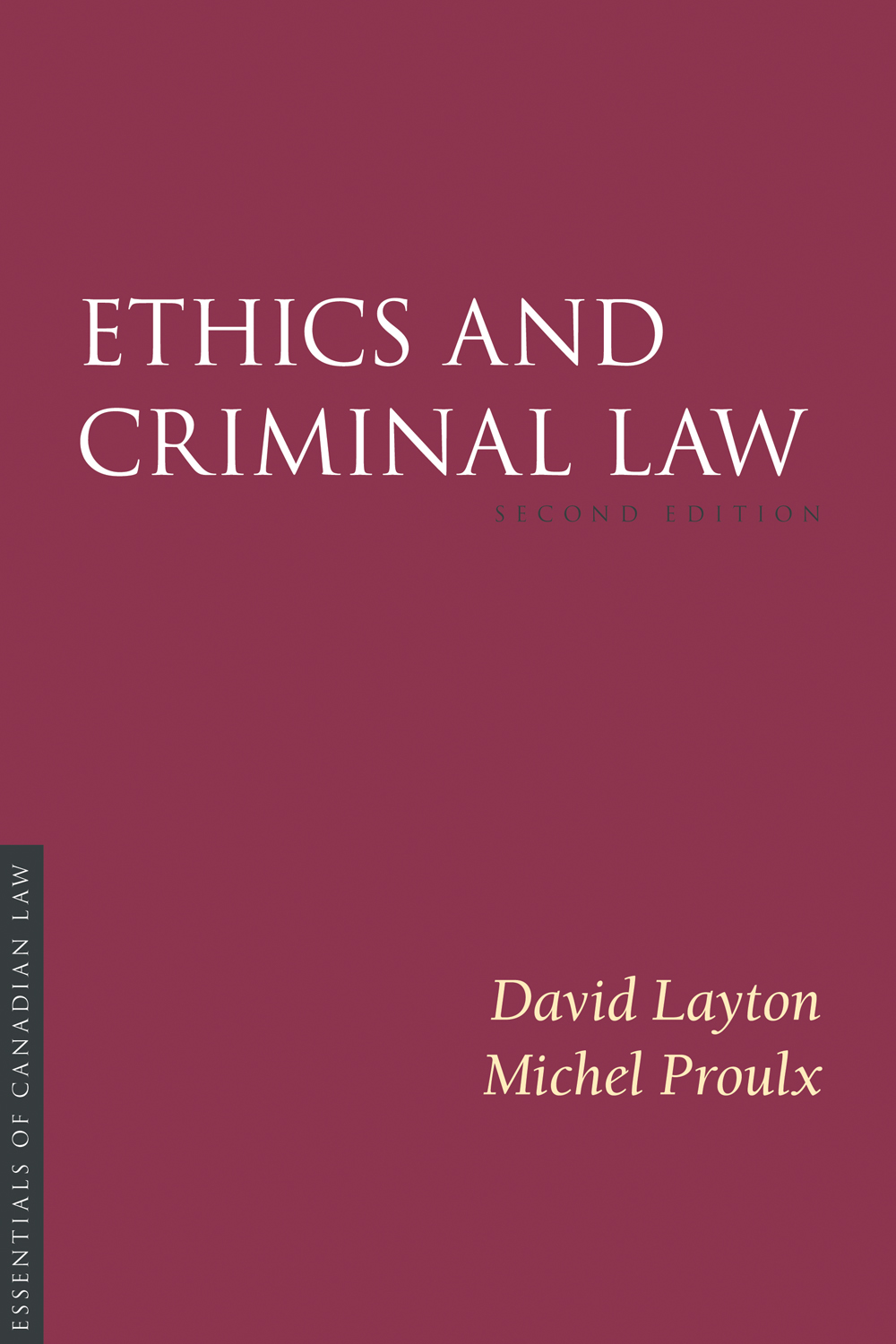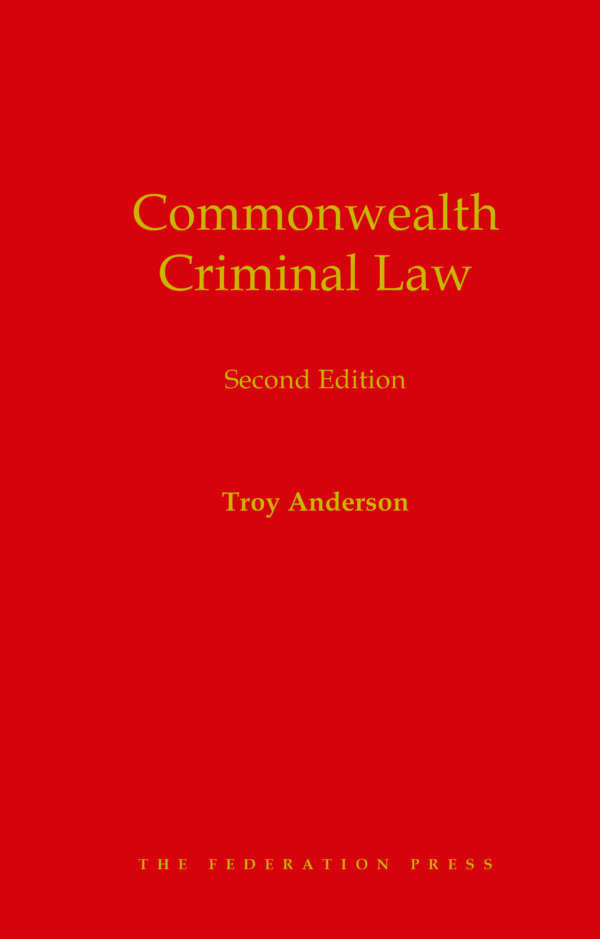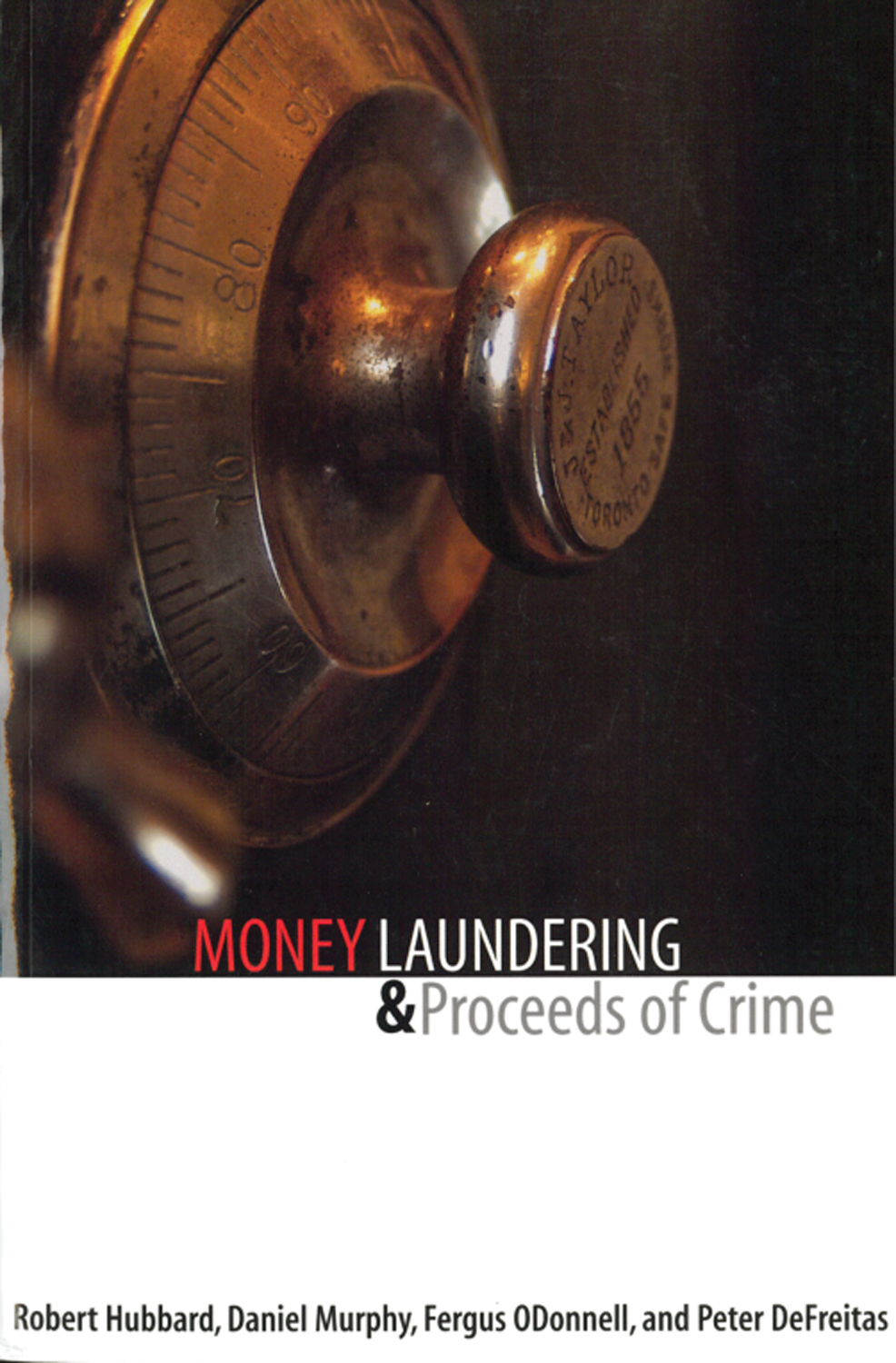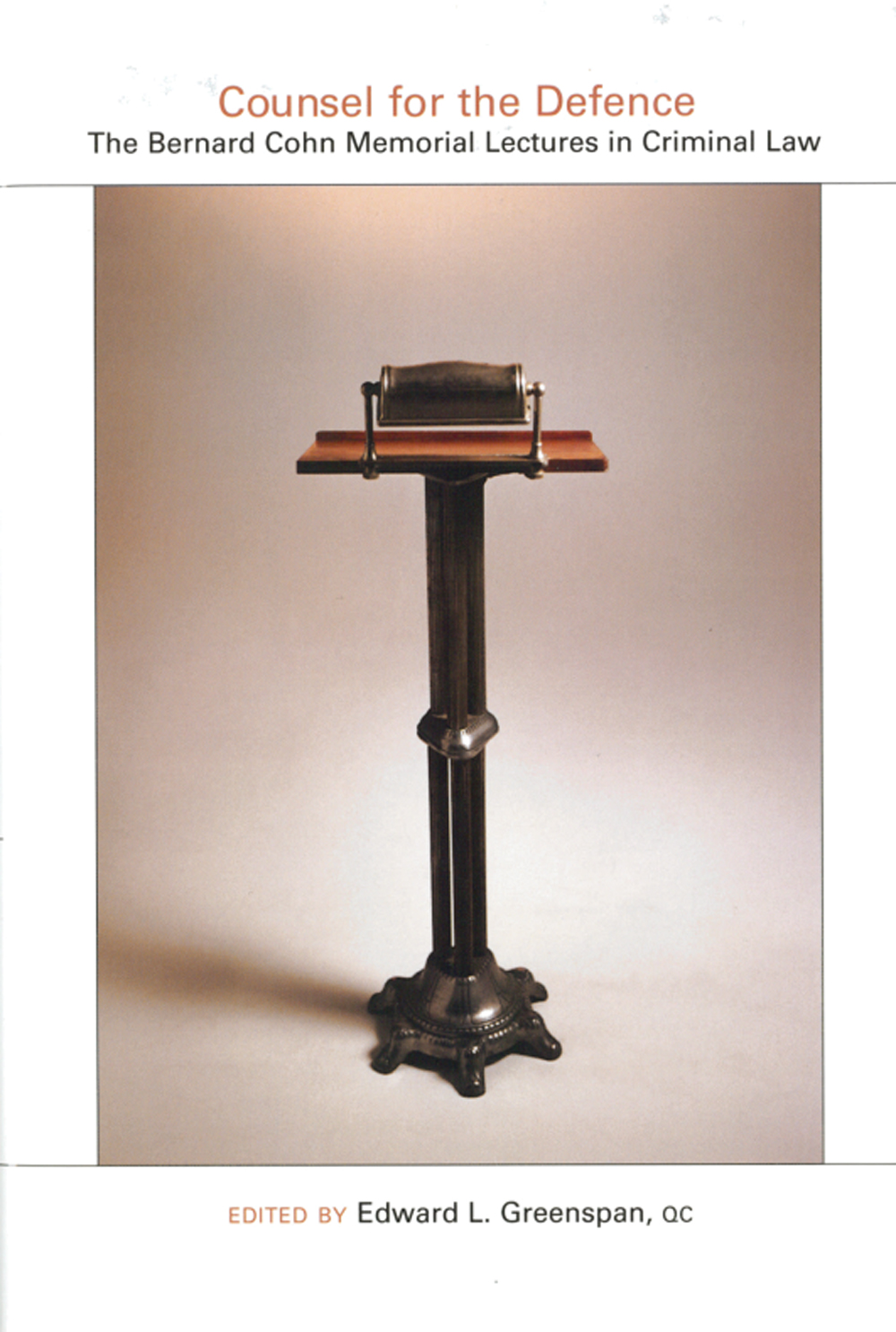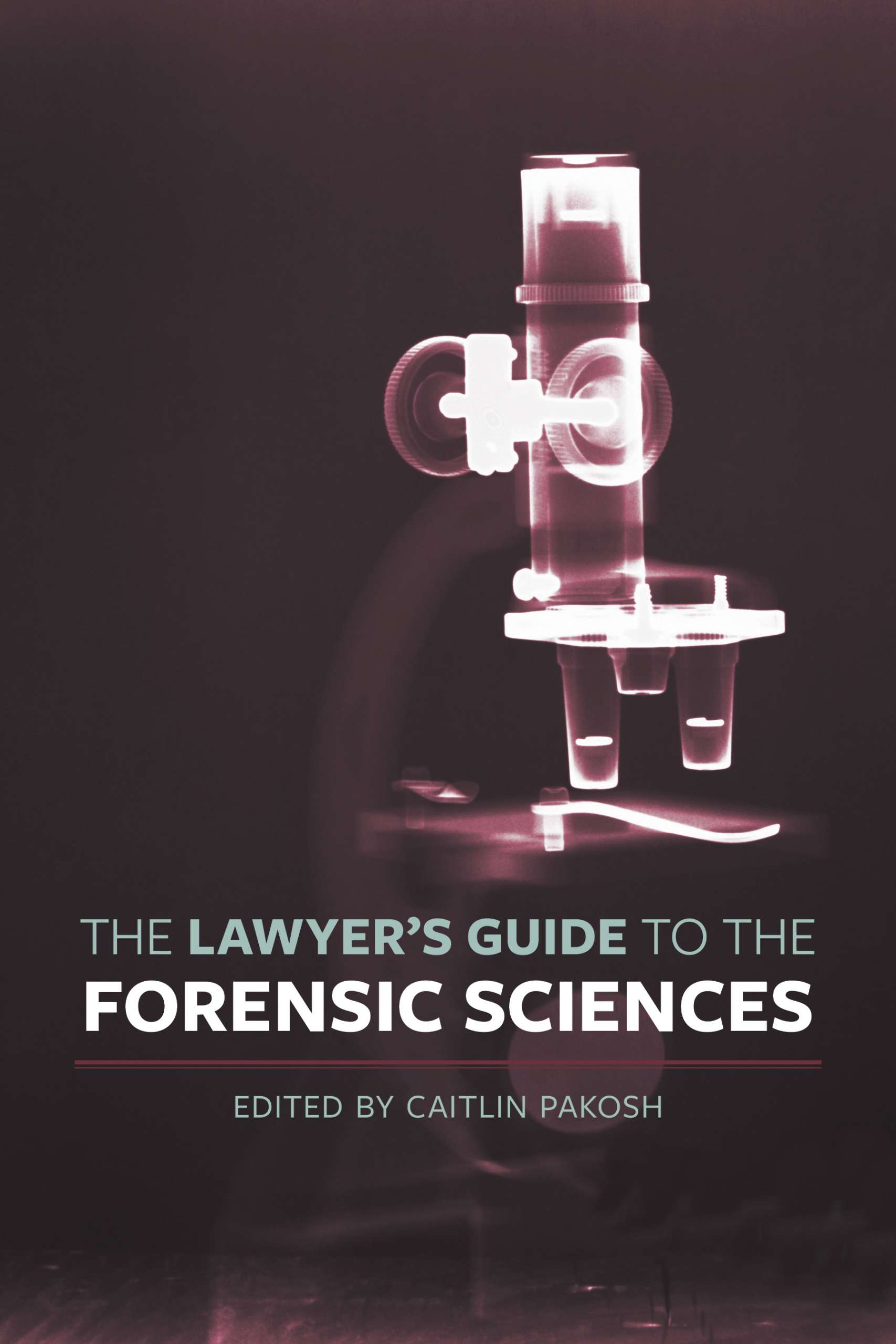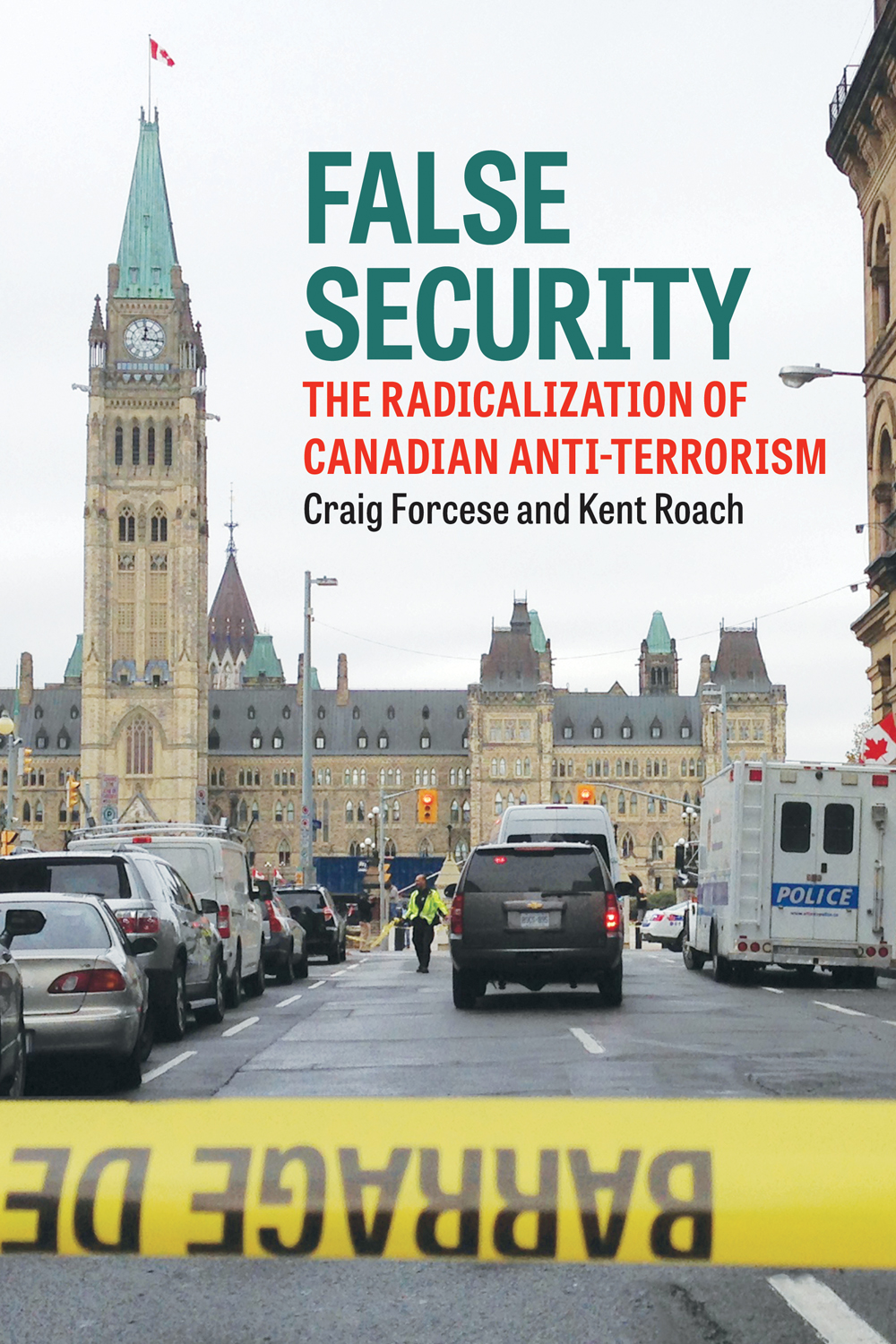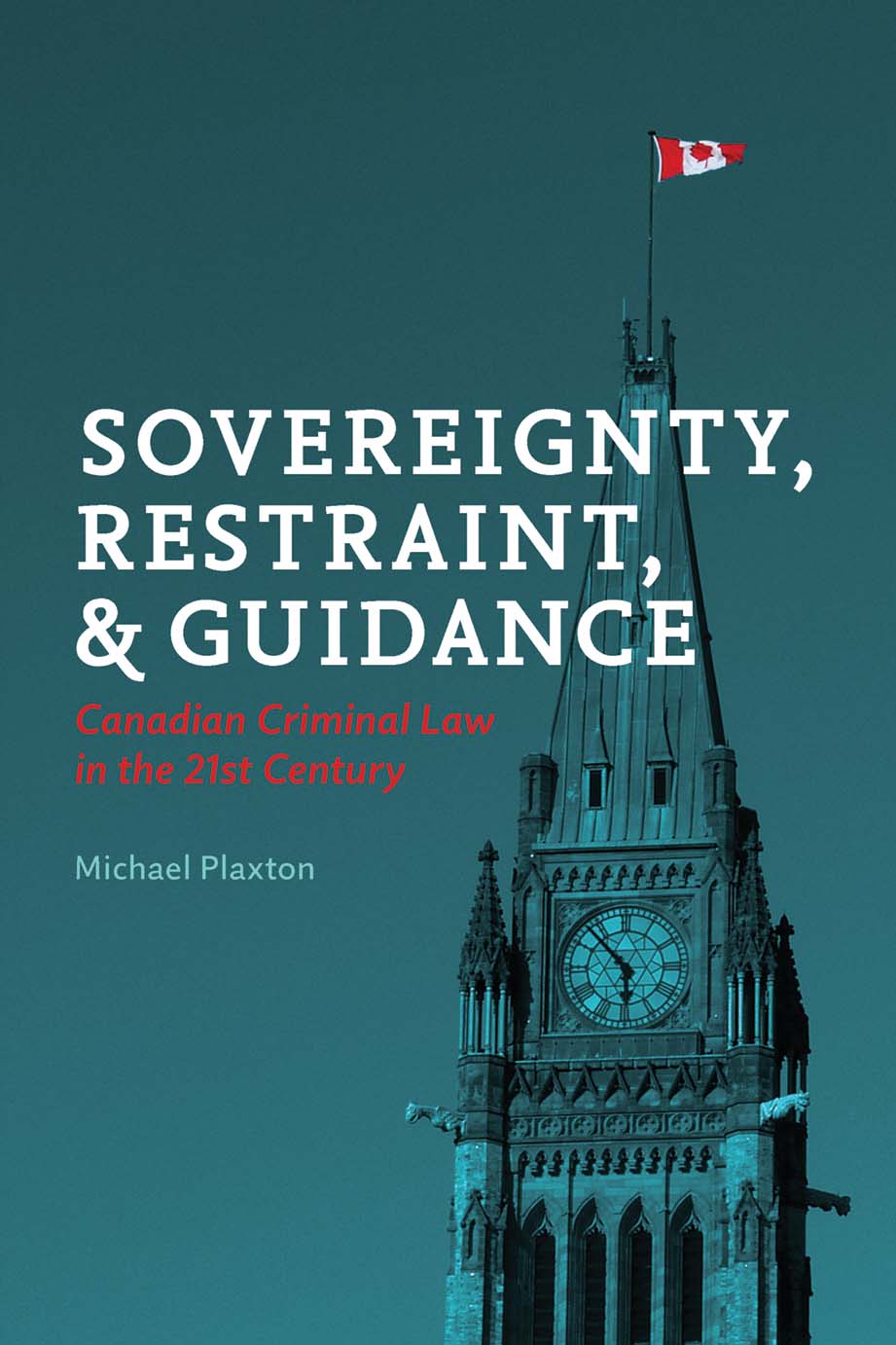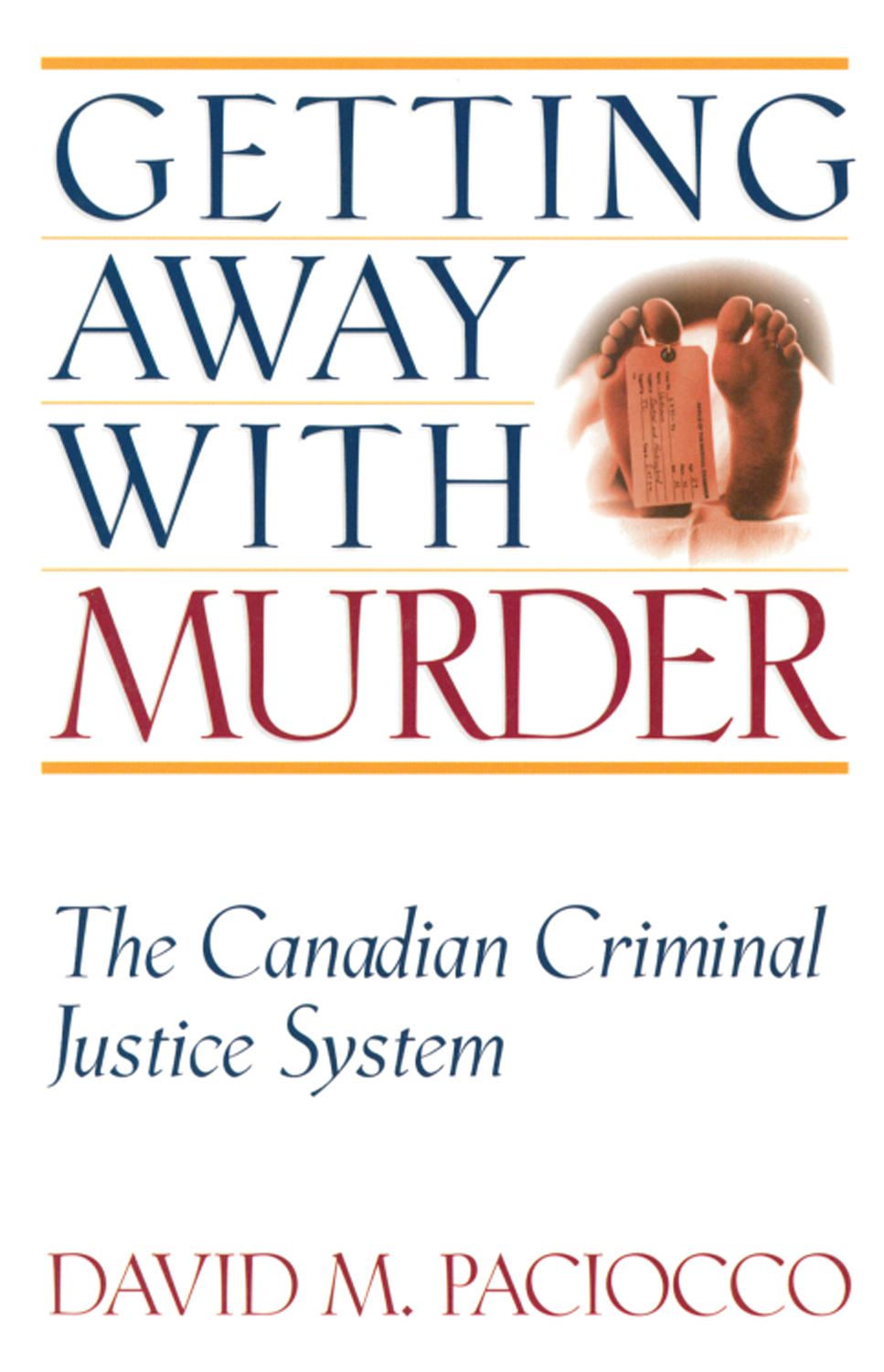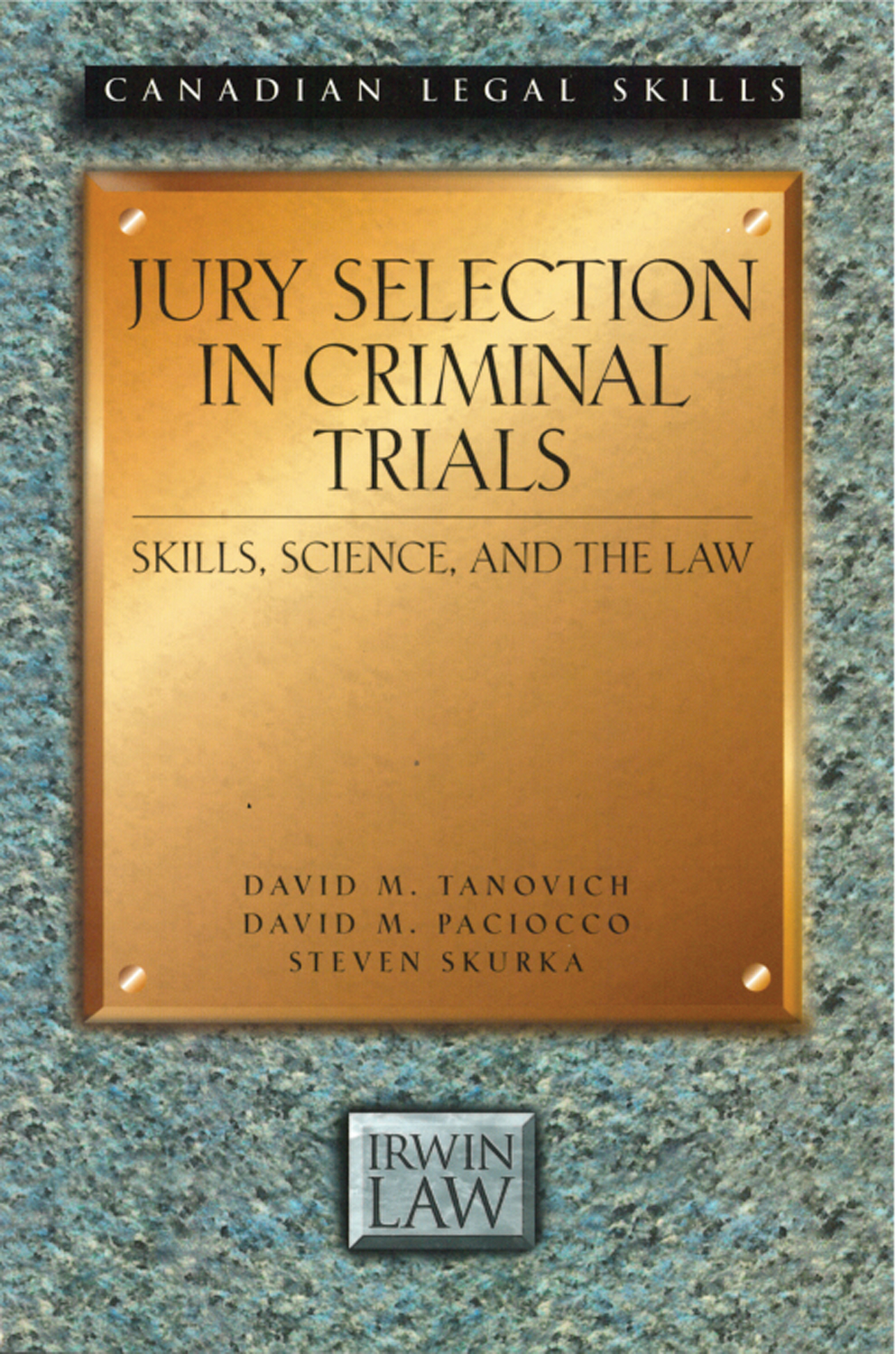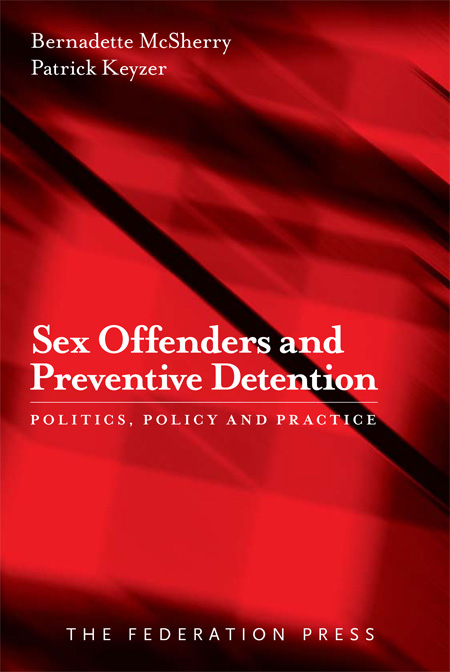Product Description
Winner of the 2003 Walter Owen Book Prize (first edition)
Ethics and Criminal Law is a comprehensive survey of the ethical issues facing criminal lawyers. Topics covered include: defending a client known to be guilty; choosing and refusing clients; decision-making in criminal litigation; the duty of confidentiality and its exceptions; conflict of interest; client perjury; interviewing and preparing witnesses; plea discussions; handling incriminating physical evidence; termination of the client-lawyer relationship; and the special duties of Crown counsel.
The second edition provides an invaluable update, with hundreds of new case citations, references to the latest commentary, and analysis of the new codes of professional conduct from Canadian law societies. It also explores new topics including whether an implied undertaking attaches to criminal disclosure; the Lyttle requirement that cross-examinations be conducted in good faith; communicating with testifying witnesses; law office searches post-Lavallee; client confidentiality and new technology; the benefits and pitfalls of defence counsel contacting a complainant; the propriety of defence investigations that focus on confidential informants or involve trickery; withdrawing from a case pursuant to Cunningham; the proper role of Crown counsel at the investigative stage of a proceeding; the scope of prosecutorial discretion after Krieger and Anderson; and the impact of Nixon on Crown counsel’s ability to repudiate a plea agreement.
Acknowledgements and Dedication
Acknowledgements from the First Edition
Abbreviations
Introduction
Chapter 1: Defending the Guilty
Chapter 2: Choosing and Refusing Clients
Chapter 3: Decision Making
Chapter 4: Confidentiality
Chapter 5: Confidentiality Exceptions
Chapter 6: Conflict of Interest
Chapter 7: Client Perjury
Chapter 8: Witnesses
Chapter 9: Plea Discussions
Chapter 10: Physical Evidence Relevant to a Crime
Chapter 11: Termination of the Client-Lawyer Relationship
Chapter 12: The Prosecutor
Table of Cases
Index
About the Authors
“The most ambitious treatise published over the last decade is the Ethics and Canadian Criminal Law, by the late Justice Michel Proulx of the Quebec Court of Appeal and criminal lawyer David Layton, now of Vancouver and formerly of Toronto and Halifax. This 2001 treatise is widely recognized as a tour de force in its field, and is frequently cited by the Supreme Court and other courts. Ethics and Canadian Criminal Law bridges the first and second waves of Canadian legal ethics scholarship. Not only does it analyze particular ethical issues facing criminal lawyers, but it also directly tackles some of the most vexing matters in the field and prescribes its own solutions. For example, it provides the best treatment of the “Ken Murray problem” — a lawyer’s duties respecting physical evidence of a crime, an issue that, as we have seen, the law societies and the CBA have failed to address adequately. For this reason the book is praised, appreciated, and referenced by jurists, lawyers, and scholars across the country. An updated and revised edition is planned and will be eagerly received.”
Adam M. Dodek, “Canadian LegaL Ethics: Ready for the Twenty-First Century at Last,” 46 Osgoode Hall L.J. 1 2008
“Ethics and Canadian Criminal Law is a detailed and extremely helpful summary of this area of the law. While it focuses on criminal law, examining areas not likely to be found in broader surveys of ethics, it is not a book for criminal lawyers alone. It culls together enough information to provide insight on the subject of legal ethics more generally. Its specialization in one area and (and at the same time) its general applicability, as well as its clear writing and mastery of the authorities, make it a worthy addition to the slim-but-growing canon of Canadian publications on legal ethics.”
Jeremy Millard, “Book Review: Ethics and Canadian Criminal Law by the Honourable Michel Proulx and David Layton,” 60 U. Toronto Fac. L. Rev. 113 2002
“The authors candidly state that this text does not contain a complete list of answers to ethical concerns. They point out that they do not include issues such as speaking to the media and contact with witnesses. Through the discussion of the topics that are included, however, the authors provide general principles that lawyers can utilize to assist in their deliberations. . . . Ethics and Canadian Criminal Law is well-written, wide-ranging, thought-provoking, and useful. I would, without hesitation, recommend this text to any criminal lawyer seeking input on vexing ethical issues.”
Daniel L Mulligan, 27 Can. L. Libr. 118 2002
“It is a rare book that can appeal to both the scholarly and practical sides of the bar. It is a rare book that can become a true source of the law. It is a rare book that truly challenges the legal profession to do better while also providing it with the foundations for such reform. Ethics and Canadian Criminal Law is such a book.”
Kent Roach, 47 Crim. L.Q. 224 2002-2003
“As with the first edition of Ethics and Criminal Law, Layton & Proulx’s treatise continues to fill what would otherwise be a gap in legal ethics literature. The authors have, in this regard, managed to write a book that is highly conceptual and scholarly, while at the same time being pragmatic and prescriptive. Unlike some texts, this book is not a series of positivistic summaries of the “state of the law”, but thoughtfully engages with the theoretical and normative underpinnings of the various ethical rules they discuss, whether they concern the defence of the factually guilty, the application of the “cab-rank rule”, or the “lawyer-control model” of decision-making. [ . . . ] The second edition of Ethics and Criminal Law is a thought-provoking account of legal ethics that provides a vital reference for anyone involved in the practice or study of criminal law, be they judges, lawyers, scholars or students. Like the first edition, which has regularly been cited favourably by courts and regulators, the second edition of book not only offers guidance to practitioners, but will almost certainly contribute to the betterment of the professional and ethical standards that govern the legal profession in Canada.”
Micah B. Rankin, 63 Crim. L.Q. 261-262 2017

